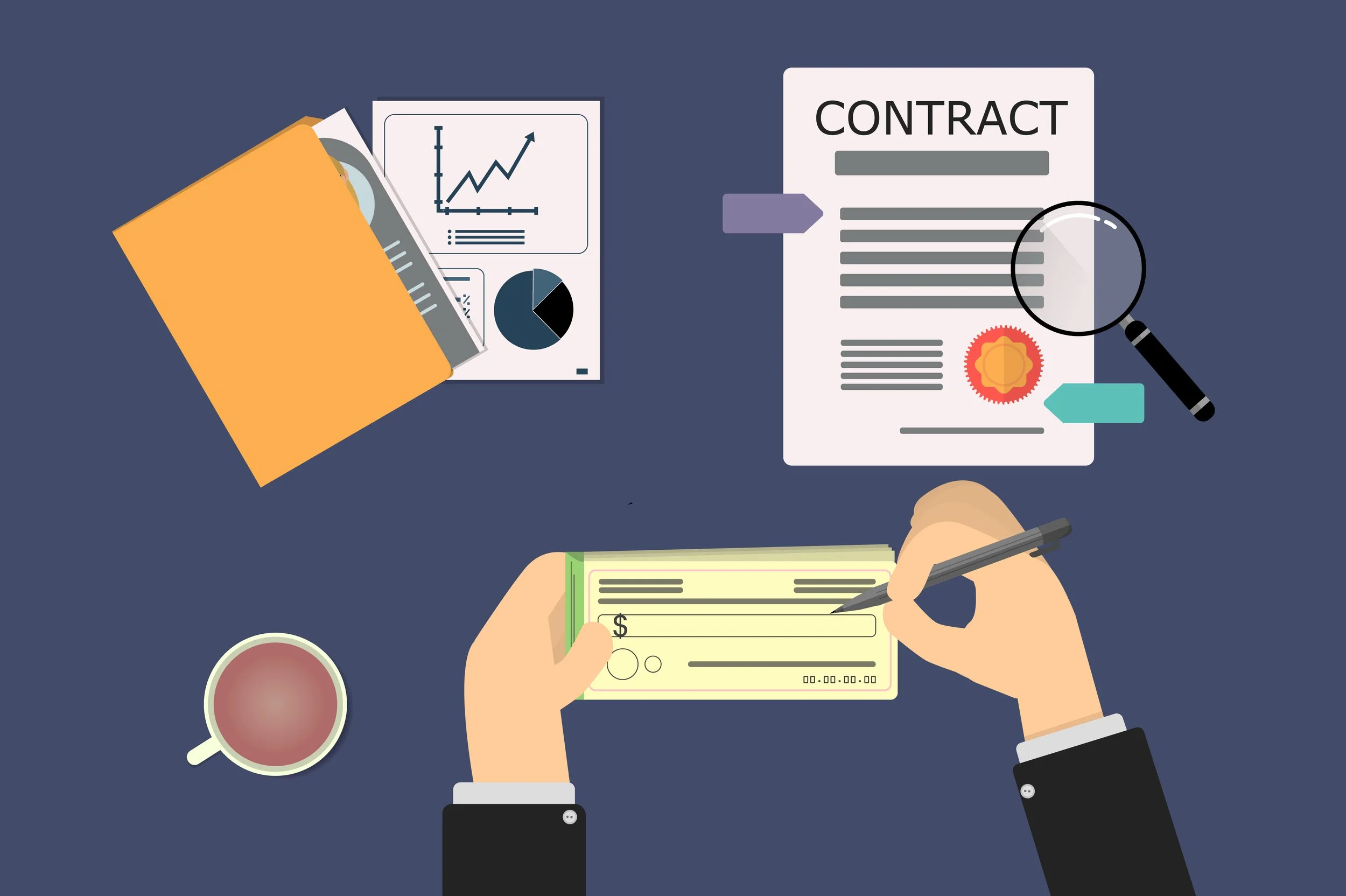How Do Illegal Immigrants Cash Checks?
One of the most important steps to take when creating your financial life is to open a bank account. But doing that can be hard for those newly arrived in the country so how do illegal immigrants cash checks, pay bills, and access other financial services that are easily available to citizens?
We’ll explain why being “unbanked” is so expensive, where immigrants can find a bank that will work with them, and how they can access other financial services to help build their financial lives in a new country.
Being unbanked
Being “unbanked” means living in a household in which no one has a checking or savings account at a bank or credit union. It’s estimated that 5.4% of U.S. households (7.1 million) fall into that category.
Being unbanked is inconvenient. You can’t check an app on your phone or log into your computer to do things like check your account balances, pay bills, or transfer money to family or friends. Some businesses have decided they will no longer accept cash as payment so for the unbanked, that means they may not be able to spend money in businesses in their area.
Being unbanked is expensive. Immigrant government benefits are available in some cases, but the government or aid organizations can’t deposit benefit payments to immigrants who have no bank account and employers can’t direct deposit a paycheck. So they have to rely on cash checking businesses or stores that offer the service. And the service isn’t free. Walmart for example charges up to $4 for checks up to $1,000 and up to $8 for checks over $1,000.
The same is true for paying bills. Those who are unbanked often rely on money orders to pay things like rent and utilities. And again, this costs money. Walmart charges up to $1 per money order. And of course there is the time and expense of getting to these places to cash a check or purchase a money order.
Being unbanked is dangerous. When your money isn’t safe in a bank it could be lost, stolen, or destroyed in a fire, flood, or other disaster. And when you have to rely on a check being sent to you in the mail, it could be delayed or lost disrupting your cash flow and making you late on paying bills. And when you’re sending a money order, the same could happen, again making you late on bills which could result in late fees and even a loss of services.
Being unbanked makes budgeting tough. When you have a bank account, you can create an online account and see all of your transactions with the click of a few buttons so you know exactly how much money is coming in and where it’s going. When you are unbanked, you have to carefully keep track of those things by hand.
As you can see, finding a bank is an important part of financial life in the U.S.
Finding a bank
Fortunately, undocumented immigrants can open a bank account in the U.S. What banks are most concerned with is not your immigration status but proving your identity. You can use a variety of things to prove identity including:
A passport
Government-issued ID from your home country like a driver’s license
Birth certificate
Alien ID card
Consular ID
A recent utility bill in your name
A rental agreement in your name
And while it’s not always a requirement, an ITIN can be helpful when opening a bank account and conducting other business. Illegal immigrants can get a debit card when opening a bank account too which makes paying for things in person and on-line safe and more convenient than using cash.
Accessing other financial services
While opening a bank account is the first and arguably most important step in starting your financial journey in the U.S. it’s far from the only one. Upwardli was created to help you along the way. We can help you build your credit history and connect you with financial service providers that understand the unique needs of those new to the country who may not have things like credit scores and Social Security numbers. If you’re ready to start your path to financial success, Upwardli is here for you!


